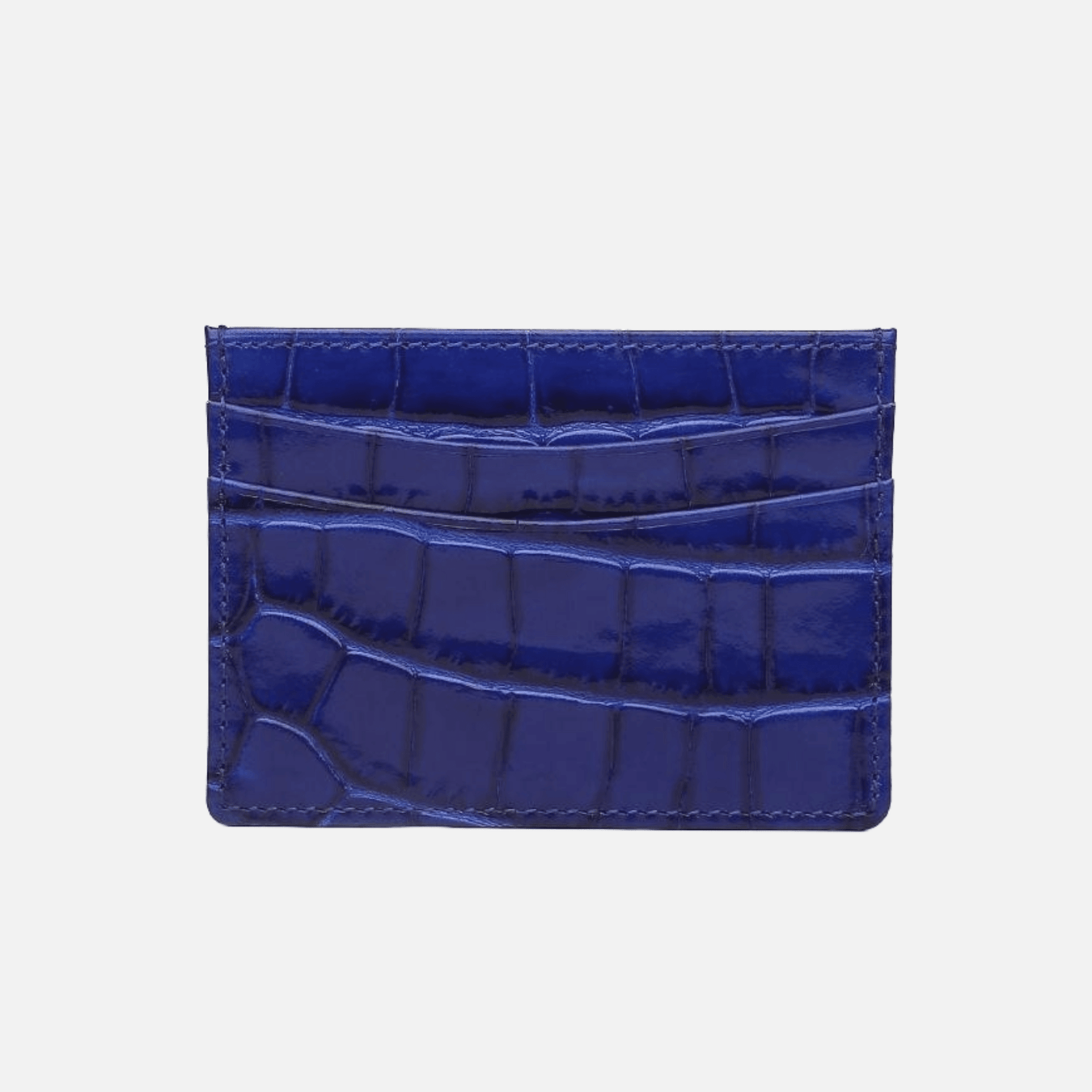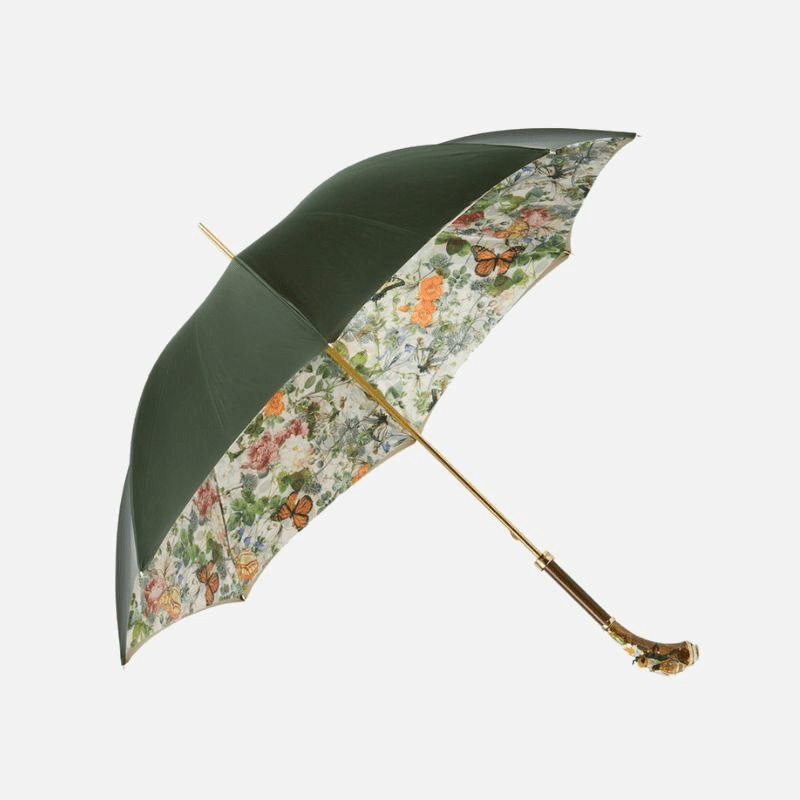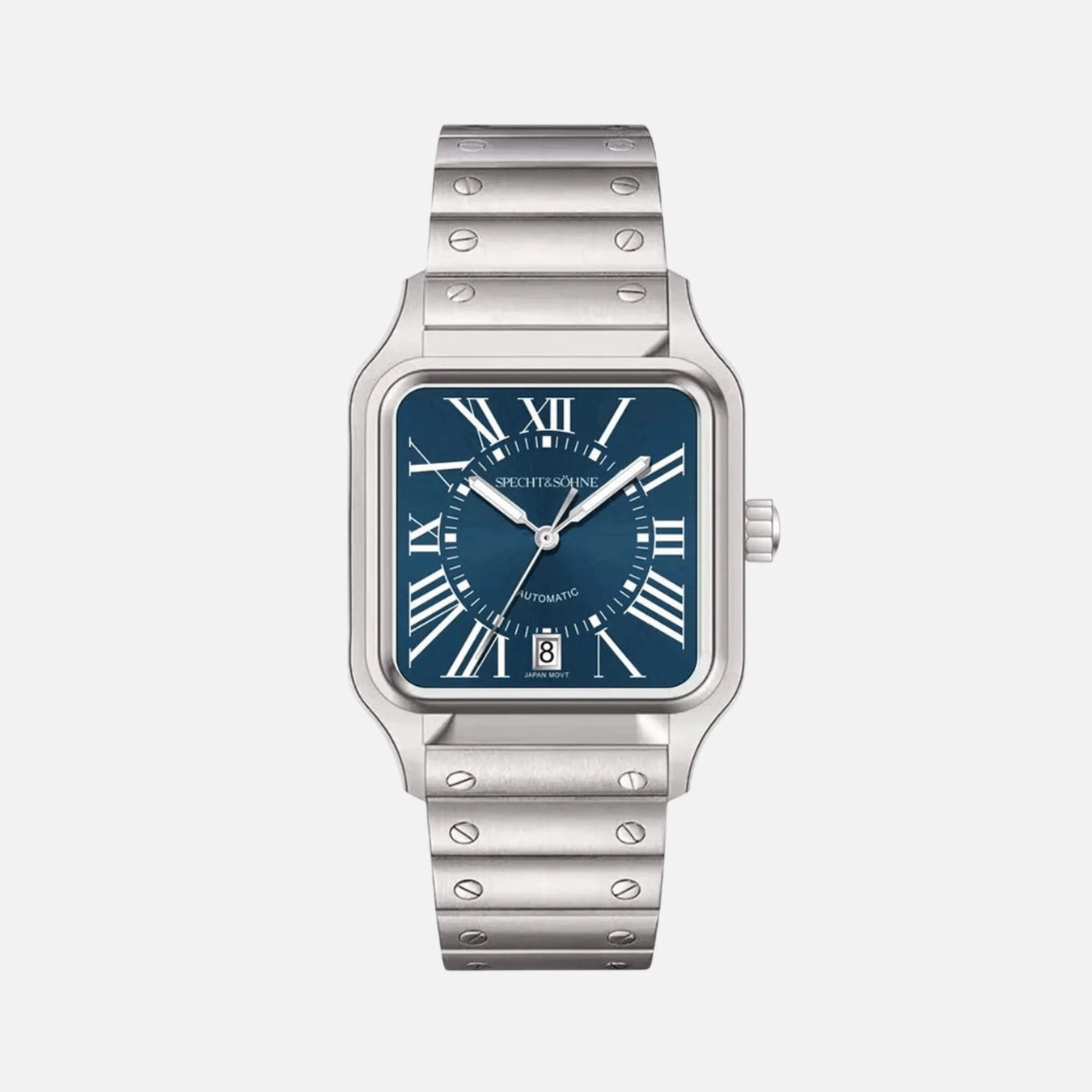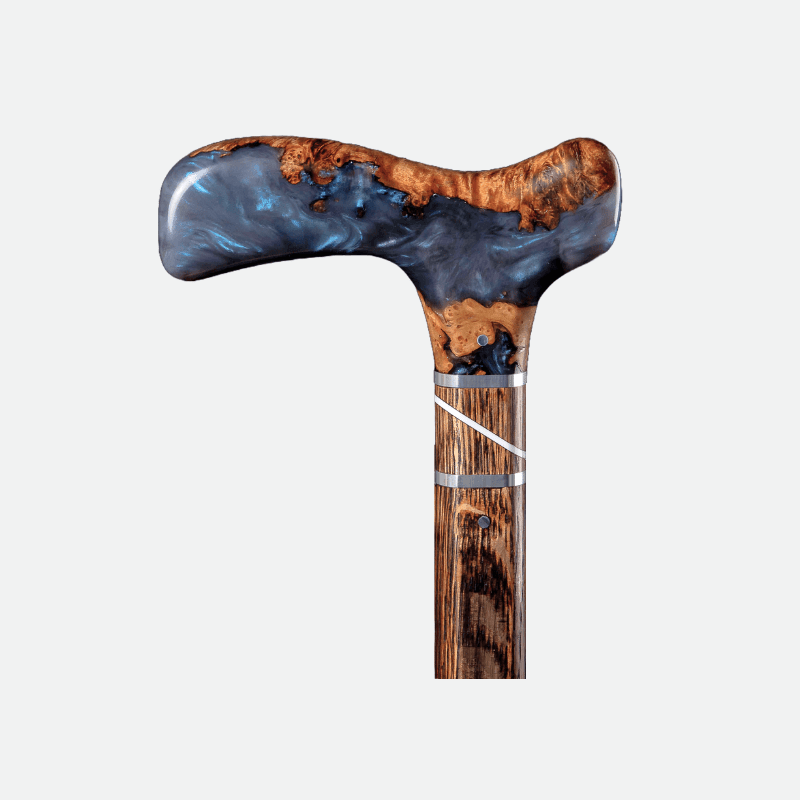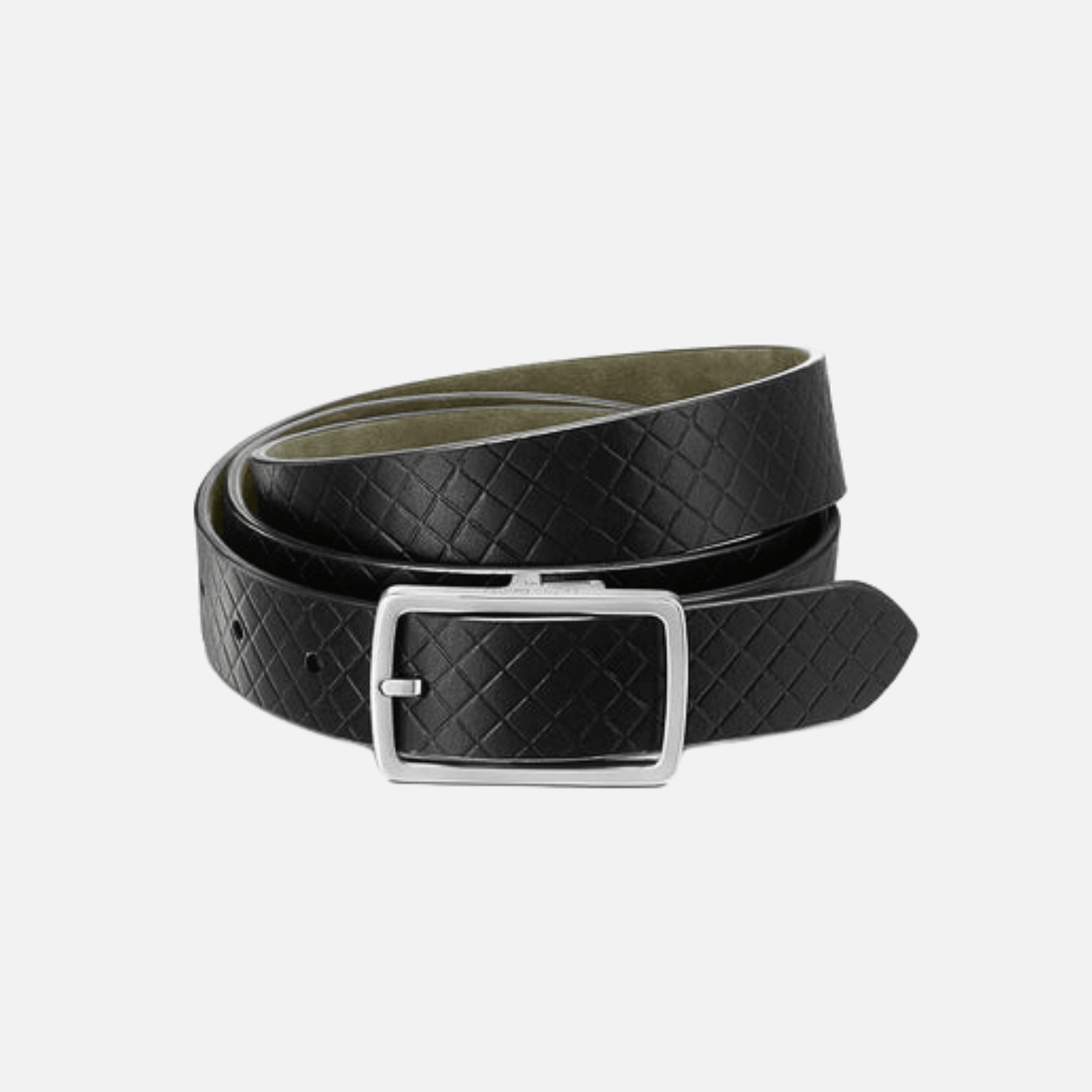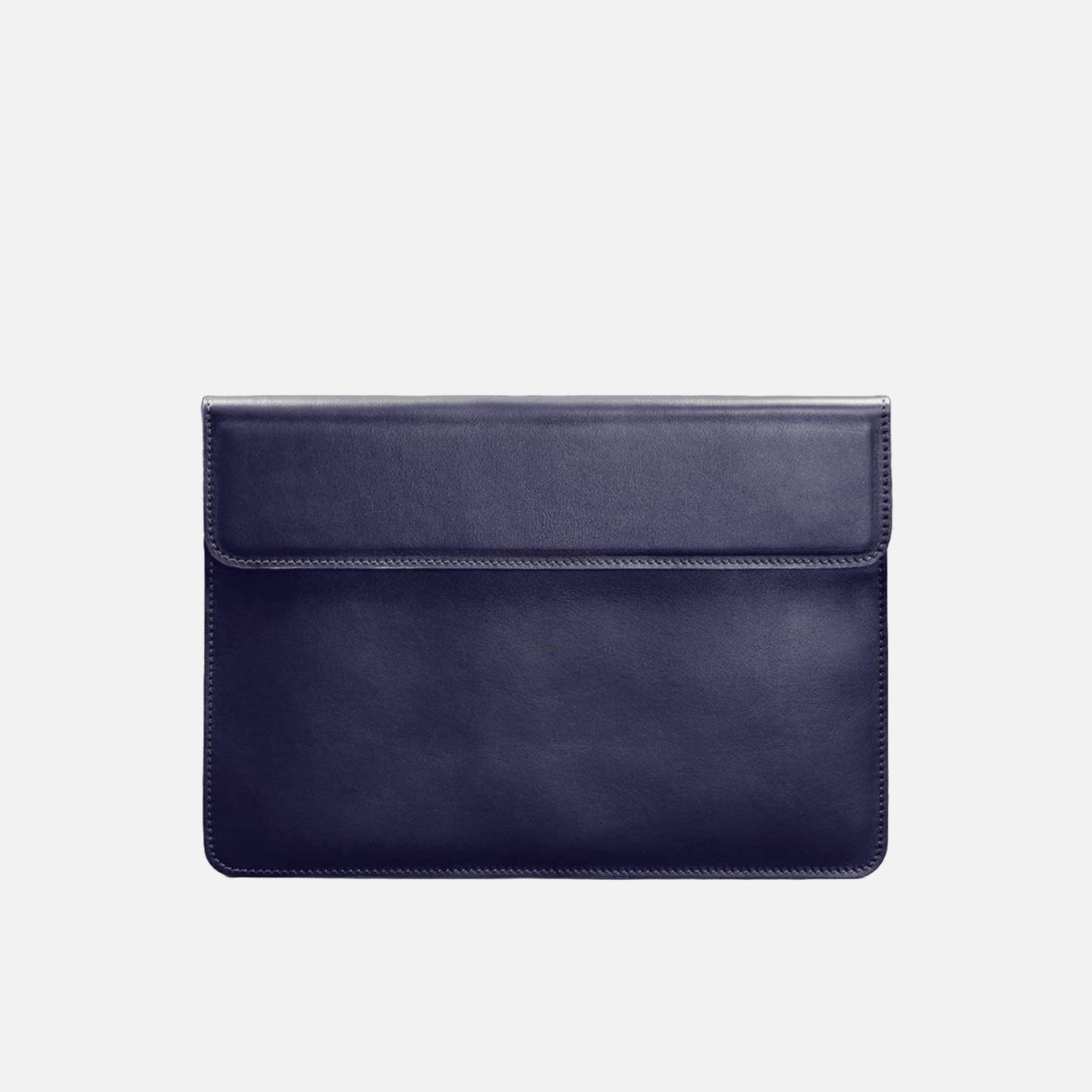The Art of Personalization: Creating Your Own Custom Walking Cane
Introduction to Personalized Walking Canes
Walking canes aren’t merely functional; they are a reflection of one’s personal style and taste. In the realm of luxury walking cane design, there exists a vibrant spectrum extending from classic elegance to contemporary trends, each piece capable of narrating its owner’s story. Personalization has given rise to an industry where artisans craft made-to-order canes that offer more than support—they become an extension of the individual.
Those looking to acquire a personalized walking cane can explore an array of options. Some may seek the traditional and sophisticated designs reminiscent of a bygone era, while others may prefer a more modern and expressive aesthetic that aligns with the latest trends. The custom nature of these canes allows for a tailored experience, where every element from the handle to the shaft can be handpicked to satisfy the user’s desires and requirements.
- The “about us” narrative of companies specializing in these handmade canes often emphasizes their dedication to quality and the individual attention given to each piece.
- Artisans that populate the “artisans list” confer with clients, ensuring that every detail—material, weight, shape, and decoration—is meticulously considered and executed.
- The truly unique and personalized aspect of these canes is achieved through craftsmanship that respects tradition while embracing innovation and functionality.
Stepping out with a personalized walking cane is more than making a mobility aid a part of one’s life; it’s about asserting one’s identity with every step. Embracing the union of purpose and personality, the art of personalization in walking canes offers a rich tapestry of options for those seeking to express their individuality in a world that values uniqueness.
Historical Significance of Custom Walking Sticks
Custom walking sticks have served more than just a practical function throughout history. They have been an embodiment of craftsmanship and personal expression. Artisans, listed in annals from antiquity to the baroque and beyond, have intricately carved and fashioned walking canes that reflect the status, personality, and taste of the bearer.
In many cultures, a bespoke walking stick was a symbol of power and authority. In ancient Egypt, staffs and walking sticks were emblems of divine power, while tribal leaders and shamans often carried elaborately adorned sticks that denoted their connection to spiritual realms and their community standing. During the Renaissance, the walking cane transitioned into an accessory of style and sophistication; it was a sign of nobility and an essential element in courtly fashion.
The industrial age saw a diversification in the materials and styles used in walking cane production, moving from purely handmade to incorporating mass-production techniques. However, despite the rise of factory-made items, a market for handmade, made-to-order walking sticks persisted, cherished for their uniqueness and the personal touch of the craftsman.
Walking sticks have also been collectors’ items, with significant historical figures having their preferences for custom canes known and documented. From classic to contemporary trends in luxury walking cane design and aesthetics, these personal artifacts have not only served as functional tools for mobility but also as historical documents encapsulating the art and fashion of their times.
Today, the tradition continues as individuals seek out custom walking sticks that reflect their identity and style, entrusting skilled artisans to create pieces that are both beautiful and meaningful.
Determining Your Unique Needs and Preferences
When embarking on the journey of commissioning a handmade, made-to-order walking cane, discerning one’s unique requirements and tastes is a pivotal initial step. The artisans list available ‘about us’ typically showcases a spectrum of expertise, from classic to contemporary trends in luxury walking cane design and aesthetics. However, personalization goes beyond aesthetics; it encapsulates functionality tailored to individual needs.
Assessing Functionality: One must consider the primary purpose of their cane. Is it for daily support, balance enhancement, or might it serve primarily as a fashionable accessory? The level of support required often guides the design and materials selection process.
Ergonomic Considerations: Grips should be comfortable, and the cane’s length must correspond to the user’s height for optimal ergonomic support. Individuals should consider any hand or wrist issues they may have and communicate these to the artisan.
Aesthetic Preference: From the material used to the finishing touches, choose a design that aligns with personal style. One might prefer ornate patterns that reflect a classical era or sleek, minimalist lines that echo modern sensibilities.
Custom Features: Identify any additional features desired such as adjustable height mechanisms, foldability for travelers, or the incorporation of gemstones or engraving for a distinctive touch.
Longevity and Maintenance: Consider the durability of materials and the prospect of long-term maintenance. A cane that age beautifully with its owner is often the goal, which might influence the choice of wood, metal, or carbon fiber components.
By taking inventory of personal preferences and needs, individuals can collaborate with artisans to craft a truly bespoke walking cane that is both a piece of art and a trusty companion.
Material Matters: Selecting the Right Wood and Accents
When delving into the art of personalization for luxury walking canes, the choice of material is as critical as the craftsmanship itself. From exotic woods to durable domestic species, artisans must consider both form and function. The selection of wood influences not only the cane’s aesthetics—from classic to contemporary trends in walking cane design—but also its weight, strength, and longevity.
Choosing the Perfect Wood
For enthusiasts aiming to commission a custom-made walking cane, understanding the qualities of different woods is essential. Consider these popular options:
- Hardwoods like oak and maple are renowned for their durability and traditional appearance, making them ideal for everyday use.
- Exotic woods such as ebony and purpleheart offer striking colors and patterns, appealing to those looking for a unique and sophisticated edge.
- Lighter woods like pine or bamboo suit those who prioritize ease of handling without compromising on strength.
Accentuating with Accents
Accents are the details that transform a handmade walking cane into a statement piece. Here’s how to integrate them:
- Metal Tips and Collars: A brass or silver tip can add a touch of elegance while protecting the cane’s tip from wear and tear.
- Inlays and Carvings: Intricate features like mother-of-pearl inlays or hand-carvings capture the eye and showcase the artisan’s skill.
- Handles: From the practicality of a derby handle to the opulence of a silver-topped knob, handle selection is crucial in made-to-order canes, influencing both comfort and style.
The ethos behind a personalized walking cane lies in its reflection of the owner’s taste and needs. By perusing an artisans list or exploring about us sections of creators’ websites, one can learn how various materials and accents are harmoniously integrated. Customization is not just about standing apart in a sea of mass-produced items; it is the commitment to celebrating individual preferences through the craftsmanship of a handmade walking cane.
Ergonomics of Custom Canes: Comfort Meets Style
When selecting a walking cane, users not only consider the aesthetic dimension but place immense value on the ergonomic design, which ensures maximum comfort during use. Artisans merge functionality with luxury, crafting canes from classics to contemporary trends, emphasizing both style and ergonomic support. The following points highlight how customized canes are adapted to meet ergonomic standards while reflecting personal taste.
Customized Handle Shapes: Ergonomic handles are tailored to conform to the user’s grip, reducing wrist strain and improving balance. Designs can range from the derby style, preferred for its comfortable grip, to the Fischer style, designed for those with arthritis.
Adjustable Height Mechanisms: A cane’s height is critical for appropriate support. Custom-made canes offer adjustable features or are made to order to match the user’s specific height requirements, ensuring the elbow remains correctly angled to avoid discomfort.
Lightweight Materials: Handmade canes utilize materials that combine lightness with strength, such as carbon fiber, to minimize user fatigue without compromising durability.
Grip Texture: To prevent slippage, especially for users with limited hand strength, canes may boast textured grips. This also contributes to the overall design, allowing artisans to infuse personality into the cane’s tactile appeal.
Balance and Stability: A custom cane’s foot design can significantly impact balance. Whether single-tip or quad-tip, its design is optimized to provide the necessary stability based on the user’s mobility level.
Custom canes not only reflect the user’s style but are a testament to the meticulous attention to ergonomics held by the ‘about us’ team and participating artisans. The intersection of comfort and style is central to the handmade, made-to-order luxury walking cane experience, bridging the gap from classic to contemporary cane aesthetics.
The Process of Customization: From Concept to Craftsmanship
The journey of creating a bespoke walking cane merges the essence of personal expression with the pinnacle of artisanal mastery. This alchemy of custom detailing starts with an in-depth consultation, where conversations about us, our desires for a unique aid, and preferences in walking cane design are paramount. Through this intimate dialogue, an artisans list of recommendations—ranging from classic to contemporary trends in luxury walking cane aesthetics—is meticulously curated.
Conceptualization
- Vision and Design: The client articulates their vision, drawing inspiration from their lifestyle, tastes, and the functional needs for the cane.
- Material Selection: Choices are made from an array of materials—fine woods, precious metals, and artisanal accents—to reflect the client’s individuality.
Crafting
Sculpting the Cane: Each cane begins its life as a rough sketch which quickly evolves into a full-scale design. Master craftsmen then hand-craft the cane to these precise specifications.
Artisanal Detailing: Handmade embellishments are added, a testament to the unique touch of bespoke creation. Carvings, inlays, and engravings turn a simple cane into a work of art, mirroring the patron’s essence.
Finishing Touches
Custom Fit and Comfort: Made to order, the cane is tailored not just in style but also in height and grip, ensuring it’s as comfortable as it is elegant.
Quality Check: A rigorous inspection ensures the finished product meets the high standards of craftsmanship, function, and beauty.
Each step is carried out with thoughtful consideration and skilled precision, transforming a simple concept into a distinguished piece of functional art that stands the test of time.
Engraving Personal Touches: Symbols and Inscriptions
In the realm of custom walking cane creation, the fusion of both aesthetic elegance and personal expression stands paramount. Handmade by skilled artisans, each cane transcends mere functionality, serving as a bastion of individuality. From classic to contemporary trends, luxury walking cane design offers a variety of options to personalize your walking aid.
Engraving is a sophisticated method of personalization, allowing individuals to etch symbols, emblems, or inscriptions onto their cane. This could range from initials, significant dates, to special symbols that resonate with the owner’s personal narrative. Here are some common engravings that clients often request:
- Monograms: A timeless classic, intertwining one’s initials can add a stately personal touch.
- Quotes or Phrases: Whether it’s a life motto, a verse of significance, or a dedication, meaningful words make the cane unique.
- Family Crests or Signets: For a regal effect, family heraldry or a signet can be intricately carved into the material.
- Artistic Motifs: From floral patterns to abstract designs, artful touches can reflect the owner’s style and interests.
The process is meticulously managed, made to order, and often involves detailed consultations about the design and placement of the desired engravings. The choice of materials, from rich woods to elegant metals, directly impacts the technique used for engraving, whether it be laser etching or traditional hand carving. It is essential to consider how the engravings complement the overall design of the cane to maintain a harmonious and sophisticated appearance.
The ‘About Us’ section of an artisan’s list often highlights their engraving prowess, showcasing their ability to incorporate these personalized symbols and inscriptions while maintaining the cane’s structural integrity and beauty. By entrusting this intimate aspect of design to an expert, a custom walking cane becomes more than an aid—it becomes a testament to the owner’s distinctive journey.
Accessorizing Your Custom Cane: Functional Add-Ons
Once the aesthetic aspect of a custom cane has been tailored to individual tastes, ranging from classic to contemporary trends in luxury walking cane design, attention can be turned to practical enhancements. These functional add-ons are not just mere decorations; they serve specific purposes, ensuring the cane is as convenient as it is stylish.
Cane Tips: Choices in cane tips may include rubber for a non-slip grip on various terrains, quad tips for additional stability, or even ice-gripping tips for use in wintry conditions.
Wrist Straps: Handmade for durability and comfort, wrist straps are a must-have for those who need to free up their hands without the risk of dropping their cane.
Collars and Rings: Often crafted by skilled artisans, decorative collars and rings can also function as identifiers for those who might misplace their cane, or to distinguish it from others at a gathering.
Lights: For individuals who venture out in the early morning or late evening, small attachable lights can be a crucial safety feature, illuminating paths and alerting motorists to the pedestrian’s presence.
Engraving: Engraving a name, a message, or important medical information on the shaft or handle of a cane ensures identification and can relay critical data in case of an emergency.
Storage: Some canes offer a discreet storage compartment, made to order, ideal for stashing medication, keys or other small essentials while on the go.
Custom Grips: A grip tailored to one’s hand not only provides comfort but also reduces strain on the wrist and enhances overall cane control.
When considering accessories, it is essential to remember that each enhancement should reflect the user’s lifestyle and needs. A truly custom cane is both a statement piece and a thoughtfully equipped aid, symbolizing the perfect union of form and functionality.
The Fusion of Technology and Tradition in Cane Design
In the realm of luxury walking cane design, a remarkable blend of the latest technological advancements and age-old craftsmanship has emerged. Navigating from classic to contemporary trends, it’s evident that custom walking canes are more than mere mobility aids; they are a sophisticated blend of art and engineering.
Meticulously handcrafted by skilled artisans, each cane echoes the unique touch of its maker. The artisans list a variety of techniques they use, from carving intricate patterns to inlaying precious materials, ensuring that the tradition of bespoke creation is kept alive. These handmade walking canes are not just made to order; they are personalized extensions of the user’s style and personality.
Conversely, technology lends a transformative hand in cane design as well. Through the integration of lightweight materials and ergonomic studies, modern canes offer unparalleled comfort and functionality. Additive manufacturing, such as 3D printing, allows for precision in creating complex shapes and structures that were once impossible to achieve through traditional methods. This has not only revolutionized the production process but also widened the horizon for what can be included in the ‘about us’ section of cane creators.
The synergy between traditional craftsmanship and modern technology has given rise to:
- Innovative options in personalization, where customers can select design elements that resonate with their personal style.
- The use of advanced materials that add both strength and elegance to the final product.
- Ergonomic designs that prioritize comfort without compromising on aesthetical allure.
- The opportunity to incorporate adaptive features, making the cane a more effective tool for those with varying mobility needs.
Through this fusion, the art of creating a custom walking cane has evolved to meet the demands of the modern user, drawing a seamless line from ancestral expertise to future innovation.
Maintaining Your Custom Walking Cane: Tips and Practices
Caring for a custom walking cane ensures its longevity and preserves the meticulous work of the artisans who crafted it. These canes, often handmade and made to order, range from classic to contemporary, reflecting luxury trends in design and aesthetics. To safeguard their beauty and functionality, follow these guidelines:
Regular Cleaning: Wipe your cane with a soft cloth to remove dirt and dust. For wooden canes, occasionally use wood cleaner to maintain the shine; for metal canes, a suitable polish will keep it looking new. Avoid harsh chemicals that could damage the cane’s material or its personalized details.
Storage Conditions: Store your cane in a cool, dry place to prevent warping or rusting. High humidity and temperature fluctuations can be detrimental, especially to canes made from natural materials.
Inspection and Repair: Regularly inspect your cane for any signs of wear or damage, such as cracks, splinters, or loose parts. Should any issues arise, consult with the manufacturer or a professional repair service recommended on the artisans’ list to ensure any work done is consistent with the original design and structure.
Handle With Care: Be mindful of the cane’s decorative elements when using and storing it. These features, often intricate and delicate, can be damaged if not treated with care.
Avoid Excessive Weight: Don’t use your cane to support more weight than it’s designed for, as it can compromise the structural integrity of the cane.
Adapt to Usage: If the rubber tip of your cane wears down, replace it promptly to prevent slipping and maintain the balance of the cane.
By abiding by these maintenance practices, aficionados of custom, handmade walking canes can ensure their mobility aids remain as impeccable and functional as they were when first made. For further care instructions, do not hesitate to reach out to the about us section of your cane’s manufacturer for tailored advice.
Where to Commission Your Customized Walking Cane
In the pursuit of a custom walking cane that flawlessly reflects the individual’s style, from classic to contemporary trends in luxury walking cane design and aesthetics, it is essential to choose a creator with expertise and a passion for craftsmanship. One may wish to familiarize oneself with the ‘About Us’ section on websites of potential artisans to ensure their vision aligns with one’s expectations.
For those seeking a handmade, made-to-order walking cane, here is a refined list to consider:
Specialty Craftsmen Websites: There are numerous online platforms where skilled artisans showcase their custom walking cane creations. Here, clients can browse through an artisans list, view galleries of previous work, and make inquiries directly regarding bespoke cane projects.
Local Woodworking Shops: Often, local woodworkers possess the ability to create custom pieces. Visiting these shops provides the opportunity to engage with creators in person, feel the materials, and discuss design specifics, ensuring that the final product is indeed a personal work of art.
Medical Supply Stores with Custom Services: Some medical supply stores offer customization services for walking aids. Although these may lean towards functionality over fashion, they can offer practical solutions that are still tailored to personal taste.
Online Marketplaces: Platforms like Etsy are known for connecting customers with artists who can offer a range of services from minor personalization to designing a completely custom cane.
Art and Design Studios: Studios that cater to bespoke objects can often take one’s ideas about a customized walking cane and bring them to life, merging art with utility.
When commissioning your walking cane, it is critical to discuss all aspects of the design to ensure the final product meets both aesthetic desires and ergonomic needs. Moreover, don’t skip on communicating deadlines and expected timelines for delivery of the made-to-order piece.
Understanding the Legalities: Compliance with ADA Standards
When delving into the art of customization and personalization of walking canes, it is essential for creators and purchasers to be well-informed about the legalities that may come into play. The Americans with Disabilities Act (ADA) establishes guidelines to ensure that walking aids, such as canes, are safe and functional for users with disabilities. For artisans crafting handmade walking canes or companies offering made-to-order services, compliance with ADA standards is not just about legality; it is about ensuring the product’s usability and safety.
While the artistic aspect of creating a custom walking cane — from classic to contemporary trends in luxury walking cane design and aesthetics — is critical, functionality remains paramount. Artisans must factor in critical design elements outlined by the ADA, such as:
- Proper Height Adjustability: The cane must be of appropriate height for the user to ensure optimal support and comfort.
- Handle Ergonomics: The handles should be designed to prevent strain on the user’s hand and wrist.
- Non-slip Base: To avoid slips and falls, the cane tip must provide adequate traction.
- Sturdy Construction: The cane must be strong enough to support the user’s weight without buckling or breaking.
For businesses that have an ‘about us’ section or an ‘artisans list’ showcasing their craft, emphasizing ADA compliance is not only about upholding legal standards but also about building trust with customers. The emphasis on handmade excellence goes hand in hand with the commitment to producing items that are not only aesthetically pleasing but also align with the necessary safety and functional standards.
It is therefore incumbent on anyone involved in the personalized walking cane market to prioritize ADA compliance, ensuring that the fusion of art and function results in a product that is as practical as it is reflective of the individual’s style and needs.
Custom Walking Canes as a Reflection of Identity and Heritage
In the realm of personalized accessories, custom walking canes hold a distinctive place, epitomizing both style and lineage. These bespoke creations are more than mere mobility aids; they are intricate tapestries woven from the threads of one’s identity and heritage. Artisans, ever attentive to detail and mastery, passionately craft each piece, ensuring that every handmade cane tells its owner’s unique story.
Choosing to work with a reputable artisan from a carefully curated artisans list, clients have the opportunity to partake in the creation of a walking cane that aligns with their personal narrative. These made to order canes may celebrate a rich familial heritage, displaying crests, insignia, or cultural motifs that are deeply intertwined with an individual’s lineage.
Moreover, custom walking canes embrace the spectrum of design, from classic to contemporary trends in luxury walking cane aesthetics. Whether one prefers the timeless elegance of traditional designs or the sleek appeal of modern artistry, a personalized cane can serve as a fashion statement that honors the past while embracing current trends.
- The inclusion of specific materials, such as native woods or ancestral metals, can further root the custom cane in one’s heritage.
- Engraved messages or dates commemorate significant life milestones, embedding personal history into the walking cane.
Ultimately, a custom walking cane is a declaration of one’s story, an emblem of individuality, and a cherished heirloom that may one day serve as a piece of familial lore for generations to come. It stands as a testament to the notion that true luxury lies in an item’s singularity and the narrative it carries.
Conclusion: Embracing Individuality Through the Art of Personalization
In a world where individual expression is paramount, the art of personalization stands as a beacon of self-representation. When it comes to luxury walking cane design and aesthetics, the spectrum from classic to contemporary trends encapsulates a vast array of stylistic choices. Each personalization venture is a collaboration—a dance—between the customer’s unique vision and the refined skills of dedicated artisans.
Through the ‘About Us’ narratives on bespoke manufacturers’ websites, potential customers glean insights into the world of handcrafted elegance. Artisans, each with a distinct name and storied expertise, join an exclusive list of craftsmen whose hands shape raw materials into symbols of sophistication and personal style.
The inception of a made-to-order cane begins with the customer’s desire to not just aid their gait but to make a statement. The materials—chosen for their beauty and resilience—serve as the canvas, and the engravings, inlays, and accouterments as the signature of the wielder.
Embracing individuality through customization transforms the ordinary into extraordinary and shifts the narrative from mundane to magical. The buyer becomes part of a tradition that values the handmade touch, transcending mere functionality and entering the realm of wearable art.
By opting for a custom walking cane, the individual inherently recognizes and celebrates their uniqueness. This reverent approach to personal style ensures that every person’s journey—whether traversing a room or a city street—is marked with poise and most importantly, a deep sense of self.

